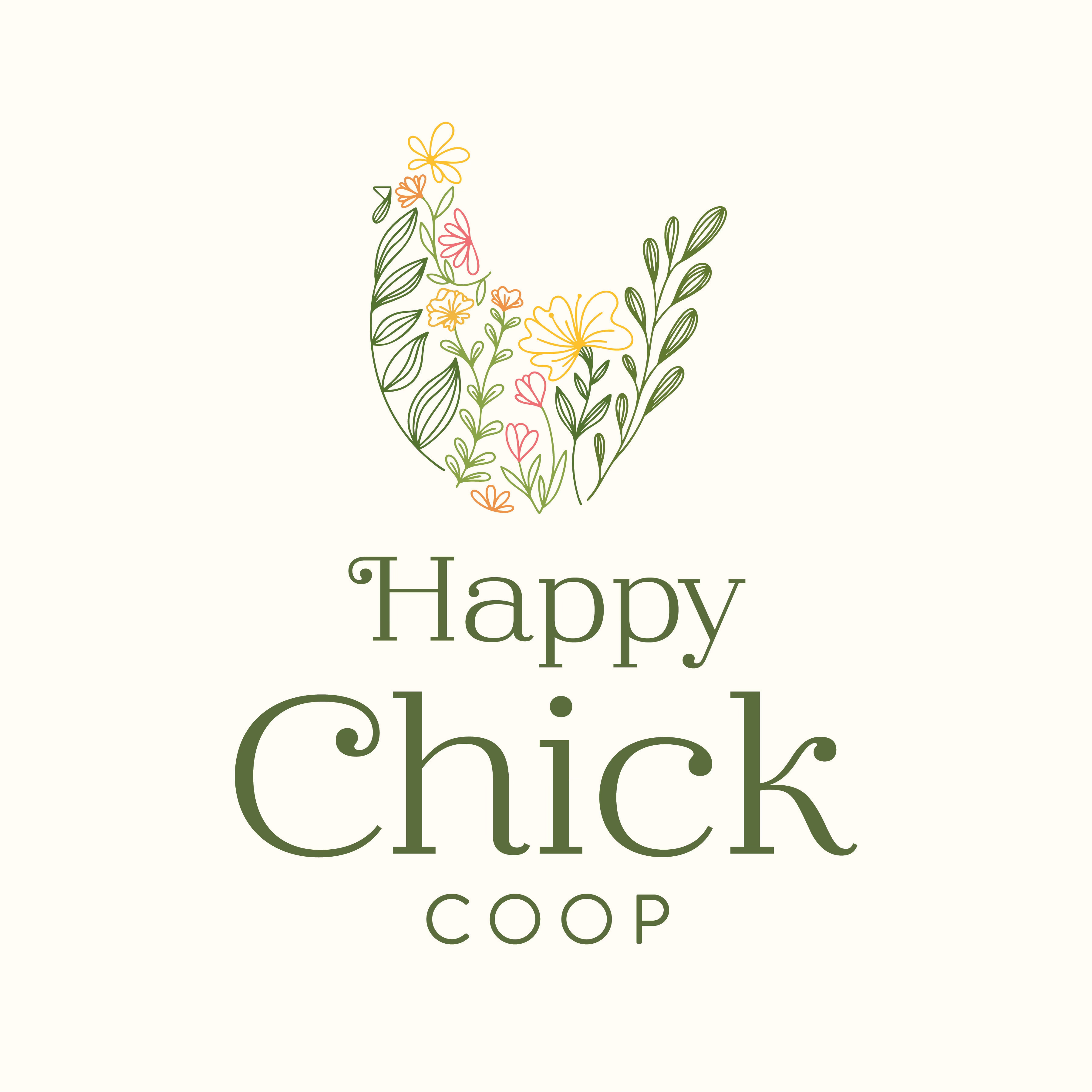Herbs for Chickens: Feed Additives vs. Coop Care
- Misty Schillaci

- Aug 22, 2025
- 3 min read
Updated: Sep 3, 2025
Do herbs belong in the feed bowl or the nesting box? Let’s break it down.
When it comes to natural chicken care, herbs are gaining popularity. Some companies market herbs as feed additives. These are meant to be sprinkled right into your chickens’ daily meals. Others, like my Henhouse Herb Blends, are designed for coop care. They help freshen the environment, deter pests, and support your flock’s comfort where they actually live.
But what’s the difference? And which approach really helps with problems like mites, odor, and feather loss?
🥬 Herbs in Feed (The “Inside-Out” Approach)
Feed-through herbs like oregano, garlic, basil, or red pepper are often marketed as wellness boosters. They can:
Support the immune system (oregano, garlic).
Promote healthy digestion.
Add extra vitamins and antioxidants.
Potentially change egg yolk color (calendula, basil).
Do they help with pests?
Claims are often made about garlic “repelling mites” or red pepper “repelling rodents.” The truth is, the science is limited. While these herbs may support your flock’s health, they don’t directly solve pest problems in the coop. Mites don’t live in your chickens’ stomachs — they hide in roosting bars, bedding, and nesting boxes.
Bottom line: herbs in feed can be a nice supplement for general health, but they are not a reliable solution for mites or worms.
🌿 Herbs in the Coop (The “Environment-First” Approach)
This is where my Henhouse Herb Blends come in. Instead of sprinkling herbs into the feed bowl, they’re placed where pests actually live: in the coop, roosting bars, dust baths, and nesting boxes.
Key ingredients include:
Wormwood → strongly repels mites, lice, flies, and even mosquitoes.
Thyme & Rosemary → antimicrobial and pest-deterring.
Peppermint → cooling, fresh scent, and repels insects.
Lavender & Calendula → promote calm, circulation, and feather regrowth.
By targeting the environment directly, these herbs make your coop less inviting to pests while keeping it fresh and naturally pleasant.
🐔 Which is Best?
Both approaches have value:
Feed herbs → light wellness boost, antioxidants, prettier yolks.
Coop herbs → real support against mites, odors, and stress, right where it matters most.
If your main goal is natural pest prevention and a healthier coop, the environment-first approach is the most effective.
✨ The Takeaway
Chickens may enjoy a sprinkle of herbs in their diet, but when it comes to mites, lice, and feather health, the real battle is in the coop itself. That’s why Henhouse Herb Blends are designed for dust baths, nesting boxes, and roosting bars — not just the feed bowl.
Because happy, healthy hens don’t just eat well… they need a clean, pest-free home, too.
The Benefits of Herbs for Chickens
Nutritional Value
Herbs provide essential nutrients that can enhance the overall health of your chickens. They are rich in vitamins, minerals, and antioxidants. These nutrients contribute to better egg production and improved immune function.
Natural Pest Control
Using herbs in the coop can significantly reduce pest populations. Many herbs have natural insect-repelling properties. This means you can create a healthier environment for your flock without relying on chemical pesticides.
Stress Reduction
Certain herbs, like lavender, are known for their calming effects. By incorporating these into your coop, you can help reduce stress levels in your chickens. A calm chicken is a happy chicken, leading to better health and productivity.
Improved Egg Quality
Herbs can also influence the quality of eggs. For instance, the addition of certain herbs can enhance the color and flavor of egg yolks. This not only benefits your flock but can also be a selling point if you sell your eggs.
Enhancing Coop Environment
A well-maintained coop is crucial for chicken health. Herbs can help keep the environment fresh and pleasant. They can mask odors and create a more inviting space for your flock.
Conclusion
In conclusion, both feed additives and coop care herbs play important roles in chicken health. However, for effective pest control and a healthier living environment, the environment-first approach is superior.
Investing in quality herbs for your coop can lead to happier, healthier chickens. They will thrive in a clean, pest-free environment, ensuring that your flock remains productive and content.
For more information on how to care for your chickens naturally, check out Henhouse Herb Blends.



Comments